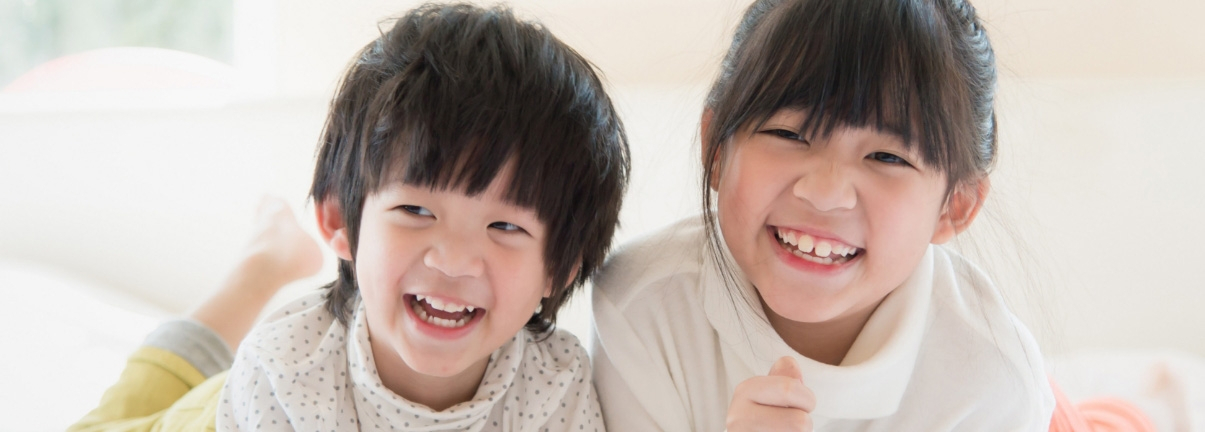
Nowadays, effective parent-child communication is crucial to the physical and mental development of children. This article aims to help parents understand how to communicate more effectively with their children through various psychological theories, tools, and methods. Good communication not only fosters children's emotional development but also helps them to build healthy relationships and values.
The Impact of Communication Styles
Many parents adopt authoritarian or permissive communication styles, which can negatively affect their children's mental health. Authoritarian communication may make children feel oppressed and develop rebellious attitudes, while permissive communication can result in a lack of boundaries, obstructing children from learning healthy patterns of love and being loved. These poor communication styles not only harm children's self-esteem but also bring a negative impact to their social skills, making interactions with others difficult.
According to psychological research, effective parent-child communication should include respect and understanding. When parents communicate with their children, they should focus more on the feelings and needs of their kids rather than solely imposing their own ideas. This approach helps children to build confidence and promote their emotional and intellectual development.
Age and Cognitive Development
Children of different ages show significant differences in cognitive and emotional development. Many parents often use a preaching style when communicating with their children, attempting to persuade them through logic. However, psychological research indicates that a child's prefrontal cortex is not fully developed until around the age of five or six, which makes it difficult for them to understand abstract concepts and reasoning. As a result, even if parents explain their rationales, children may not fully understand and fulfill related tasks.
Parents often believe that their children are disrespectful or disobedient in this situation but that is not the truth. In fact, children simply cannot understand what adults are trying to deliver. Parents should be alert to that instead of emphasizing verbal explanations. It is more effective to guide their children through examples. Demonstrating appropriate behaviors and values through actions is often more impactful than mere verbal instructions.
Technology and Patience
Technological advancement speeds up communications between people but weakens our patience to communication. When communicating with children, parents often expect immediate results but become increasingly impatient to the responses children are giving. When children are comparatively slow in following instructions, parents may rush and criticize them, which makes children anxious and may even lead to their procrastination.
Erikson's research indicates that after the age of six, the development of self-esteem and a sense of competence is crucial for children's psychological growth. If parents disregard their children's emotions and thoughts during communication, children may feel disrespected and such negative experiences may intensify their rebellion toward parents and make them self-centred.
Ways to Foster Positive Parent-Child Relationships
To make parent-child communications more effective, parents may follow these tips:
- Active Listening: Give children enough time and space to express their thoughts and feelings. This not only makes children feel valued but also enhances their expressive abilities.
- Use Simple and Clear Language: Based on children’s age and ability to understand, parents should use simple terms and sentences to convey ideas instead of complex reasoning and abstract concepts.
- Practice what you Preach: Family members' behaviors have a profound impact on children. By demonstrating correct behaviors and values, parents can guide their children more effectively.
- Be Patient: Provide sufficient patience and support in children's learning and growth processes, allowing them to learn from mistakes rather than rushing and criticizing.
- Emotional Support: Pay attention to children’s emotional needs when communicating with them to give them feelings safe and loved, which is essential for building a strong parent-child relationship.
In summary, effective parent-child communication is crucial for children's physical and mental development. By understanding children's developmental needs and adopting suitable communication methods, parents can foster children’s healthy growth and help them establish positive values and relationships.
Dr. Ringle Leung
Director of HealthyMind Parents Academy
Ringle is a positive parenting education specialist and a guest lecturer at Caritas Institute of Higher Education, holding a Master’s degree in Family Education and a Doctorate in Education. Over the years, Ringle has provided positive education courses and activities to more than 2,000 schools and organizations, reaching over 40,000 families. He has also appeared on various media platforms to deliver parenting talks to the public.
